-
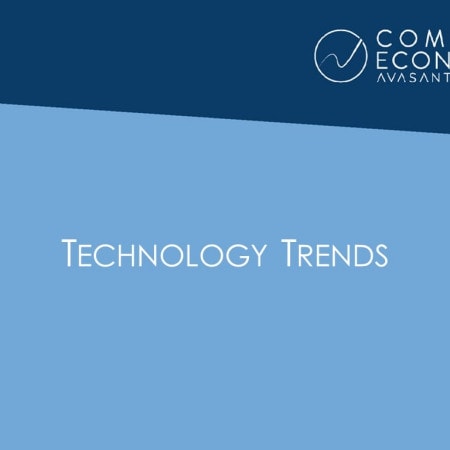
The Future of the Tumultuous CRM Industry: Interview with John Ragsdale
With continued importance being placed on customer care, the buzz around CRM is continuing to grow. CRM companies are changing hands at a rapid pace: Clarify was recently acquired by Nortel; Vantive was acquired by PeopleSoft; Siebel still remains independent but is getting close with Lucent; and Oracle, SAP, and Baan have plans to convert their back-office suites into fully functional front- and back-office systems. To see how all the moving and shaking affects Clarify and the rest of the CRM industry, Computer Economics decided to get into the trenches and talk with one of the key players in CRM--John Ragsdale, a group manager at Clarify.
September, 2002
-
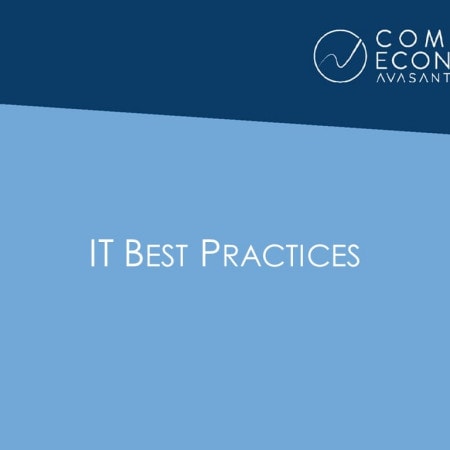
Protecting Your Networks from Intrusion
Computer Economics has determined that the economic impact of virus attacks on information systems around the world amounted to $12.1 billion in 1999. Enterprises were attacked by well-known intrusions, such as Melissa and ExploreZip, during the first six months, accounting for a business loss of $7.6 billion in the first half of 1999.
September, 2002
-

Malicious Code Attacks Had $13.2 Billion Economic Impact in 2001
Malicious code attacks continued to have significant economic impact during 2001. The following figures show the Computer Economics analysis of the worldwide economic impact of malicious code attacks. Data is provided by year and for specific high profile incidents.
September, 2002
-
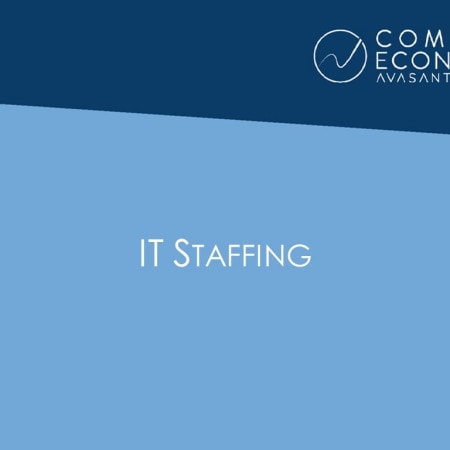
More Graduates Does Not Mean More IT Workers
The challenge of finding good professional help is holding many companies back from implementing new IT applications. We have heard a wide range of estimates for the shortage of high-tech workers and reject the extreme projections that there will be over 1 million fewer workers than needed in the next two to three years.
September, 2002
-
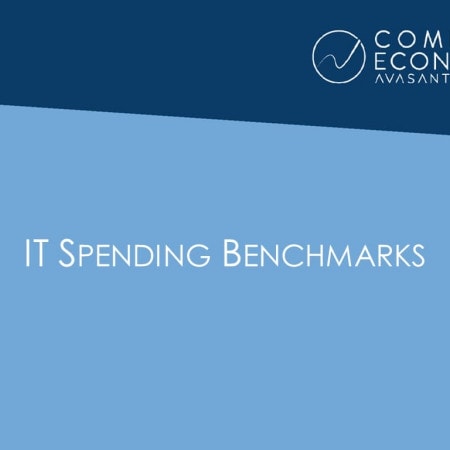
The E-Commerce Outlook (Feb 2001)
Despite great interest, the watchwords for e-commerce during 2000 seem to have been falling profits, instability, and disillusionment. The trend for the future will undoubtedly reverse some of these negatives, but vigilance will always be needed to avoid bad business decisions. Despite the risks involved in online selling, potential payoffs will remain strong motivators to bring more products and merchants to the electronic marketplace.
September, 2002
-

Employee Injuries in Computer Services (May 2002)
Compared to other occupational areas, IT professionals are still relatively injury free. However, there is still an incidence of work-related injuries in computer and data processing services organizations.
September, 2002
-
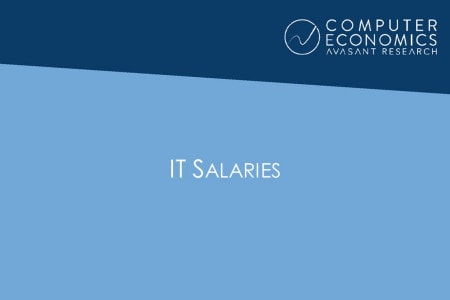
Management Consultant Rates 2H01
Management consultant rates vary considerably from firm to firm and by the title and type of work that individual project staff perform. In 2001, Computer Economics surveyed 30 management consultant firms to determine a national average for job titles along with a low and high rate for each position.
September, 2002
-

Job Security a Concern Among Workers
With the economy still teetering, American workers are increasingly concerned about their next paycheck. According to the First Quarter 2002 Principal Financial Well-Being Index, a national survey of more than 1,500 workers, 50 percent of those surveyed in January ranked job security as the most important issue, increasing steadily over the past three-quarters.
September, 2002
-

Telecommuting on the Rise in NYC Area
A survey by the New York Times Job Market found that both job seekers and hiring managers in the New York metropolitan area see telecommuting as a growing trend. One in five hiring managers (19%) say their company allows telecommuting. However, more than one-third of hiring managers (35%) expect more telecommuters in the workforce one year from now. "Because of September 11, they're asking for it more than ever, because of safety concerns," says one hiring manager.
September, 2002
-

Contract Labor Rates 1H02
Contract labor rates for the first half of 2002 are shown along with projected rates for the second half of 2002 and for 2003. Rates are derived through a survey of over 30 service organizations in the United States.
September, 2002
-

Healthcare Moving Slowly on Internet Applications for Utilization Management
In a national study of utilization management (UM) and other medical management practices, American Accreditation HealthCare Commission (URAC) found that less than 40% of survey respondents currently use the Internet for pre-certification of clinical procedures. However, UM leaders expect to move rapidly towards electronic capability, with a full 94% indicating that customers want more electronic transactions.
September, 2002
-

Preserving IT Talent
With an eye on economic recovery, businesses today depend on information technology to drive new opportunities more than ever before. Oftentimes, IT organizations are expected to create, execute, and deliver projects in three months rather than three quarters. Itâs no wonder that employee retention continues to dominate the vital issues list across IT disciplines. IT organizations do not have the time that it typically takes to backfill crucial positions, nor can they afford to bear the cost of recruiting and training replacements.
September, 2002
-

Manager Attitudes Toward Change (May 2002)
A recent national survey of over 5,000 mid-to-upper level managers found that most managers are very open to workplace change. This is good news for executives who begin reorganizations with the widely held belief that people tend to resist workplace change.
September, 2002
-

Women Execs Still See Inequity in Pay
According to a survey of senior-level women in the financial services industry, female executives feel that the glass ceiling still exists. While noting improvements in corporate human resources policies to encourage diversity, the respondents still see inequality in both compensation and promotional opportunities.
September, 2002

 Grid View
Grid View List View
List View